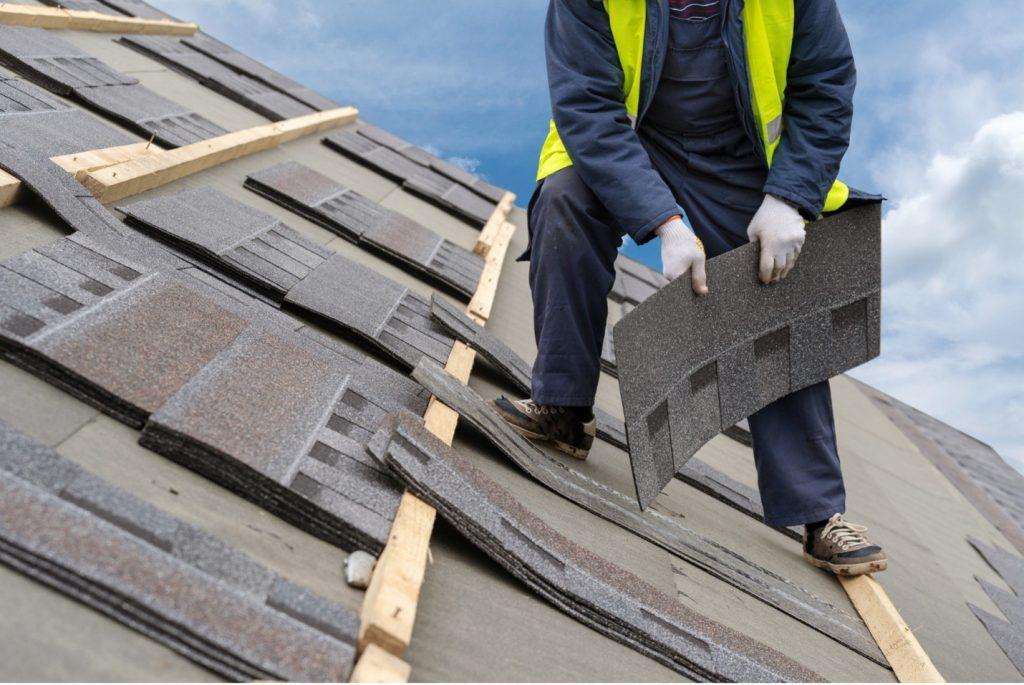Florida, known for its sunshine and tropical climate, is a fantastic place to live. However, the state’s unique weather conditions can take a toll on your roof. If you’re a homeowner in Florida, you may be wondering, “How often should I replace my roof?” This article will delve into the factors that influence roof lifespan in Florida and provide guidance on when it might be time for a roof replacement.

Understanding Florida’s Climate
Florida’s climate is characterized by high temperatures, high humidity, and frequent rain and thunderstorms, especially during the summer months. Additionally, the state is vulnerable to hurricanes and tropical storms, which can bring heavy rain and strong winds. These weather conditions can significantly impact the lifespan of your roof.
Factors Influencing Roof Lifespan in Florida
- Sun Exposure: The intense Florida sun can cause roofing materials to deteriorate over time. UV radiation can lead to the breakdown of shingles, causing them to become brittle and less effective at protecting your home.
- Humidity: High humidity levels can lead to the growth of algae and mold on your roof, which can weaken the roofing materials and reduce their lifespan.
- Heavy Rainfall: Frequent rain, especially during the rainy season, can lead to water damage if your roof is not properly maintained. Water intrusion can weaken the structure and integrity of your roof.
- Hurricane and Wind Damage: Florida is prone to hurricanes and strong winds, which can cause severe damage to roofs. Even if your roof survives a hurricane, it may still suffer structural damage that necessitates repairs or replacement.
Typical Roof Lifespan in Florida
The lifespan of a roof in Florida can vary depending on several factors, including the type of roofing material used and the quality of installation. Here is a general guideline for the typical lifespan of common roofing materials in Florida:
- Asphalt Shingles: Asphalt shingles, which are commonly used in Florida, typically last between 15 to 25 years. However, they may have a shorter lifespan if exposed to severe weather conditions.
- Metal Roofing: Metal roofing is durable and can last anywhere from 30 to 50 years in Florida’s climate. It is an excellent choice for homeowners looking for longevity.
- Tile Roofing: Tile roofs possess a reputation for their longevity, capable of enduring 50 years or more in Florida when properly maintained.
Signs That It’s Time for a Roof Replacement
While the lifespan of your roof is a good indicator of when it might need replacement, there are other signs to watch out for:
- Visible Damage: If you notice missing, cracked, or curling shingles, it’s a clear sign that your roof is deteriorating and may need replacement.
- Leaks: Water stains on your ceiling or walls indicate roof leaks. Address these issues promptly to prevent further damage.
- Increased Energy Bills: A roof that is no longer functioning properly may result in higher energy bills as your HVAC system works harder to maintain the desired temperature.
Conclusion
In Florida, where the climate can be harsh on roofs, it’s essential to monitor your roof’s condition regularly. Understanding the factors that affect roof lifespan and recognizing the signs of damage can help you determine when it’s time for a roof replacement. Proper maintenance and periodic inspections by a roofing professional can extend the life of your roof and ensure your home remains protected from the elements.
If you have any concerns about the condition of your roof or are considering a roof replacement, consult with a local roofing expert in Florida to assess your specific situation and provide guidance on the best course of action.



Leave a Reply